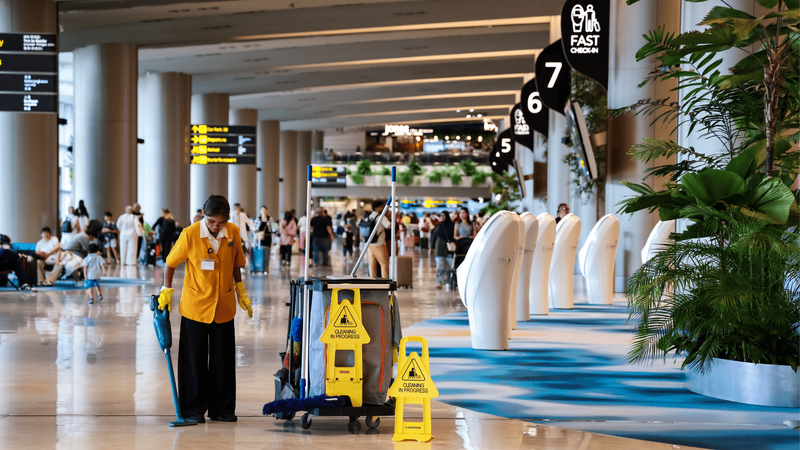
With vast social, technological and economic changes afoot, Singapore must slay one of its sacred cows to keep up.

With vast social, technological and economic changes afoot, Singapore must slay one of its sacred cows to keep up.
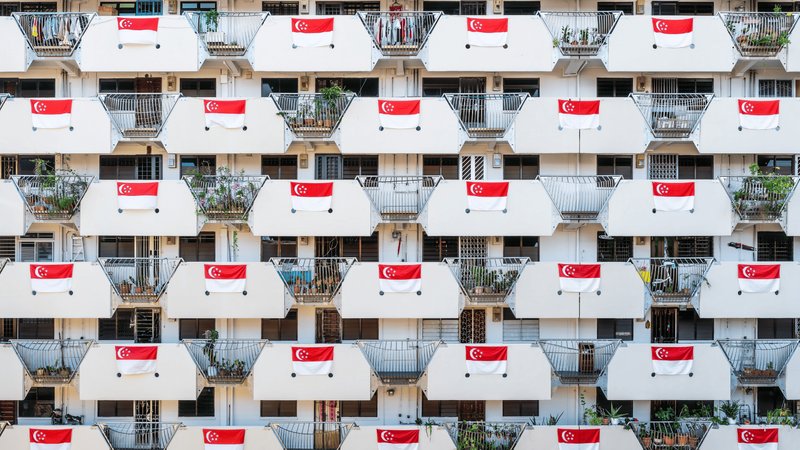
A pre-election commentary by a member of the Workers’ Party.

As in the past, the push towards greater queer equality will come not from politicians but from the community itself.
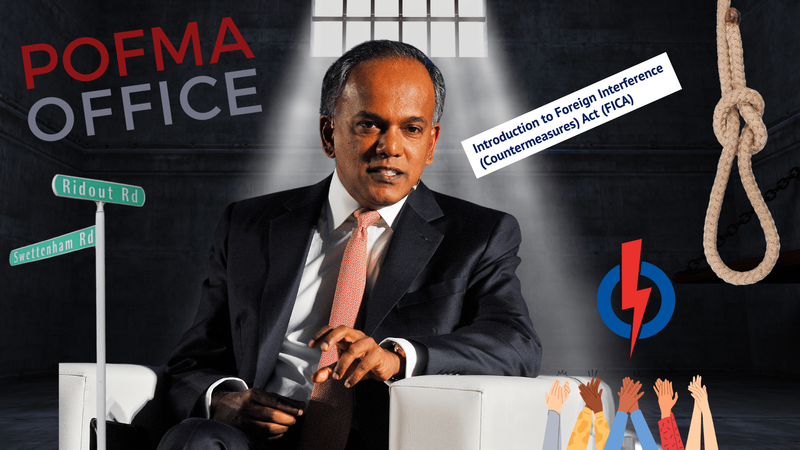
In an era with rapidly changing socio-political norms, is K Shanmugam, law and home affairs minister, an asset or a liability for the PAP?
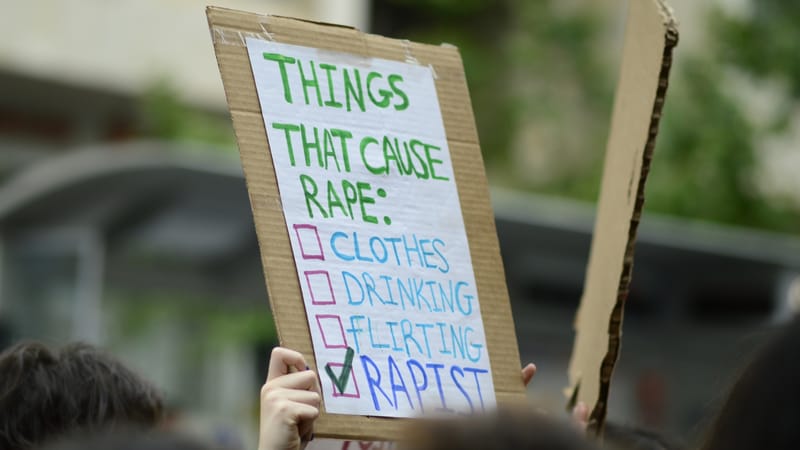
The reaction to Chia Boon Teck’s LinkedIn post was a reminder of how far we’ve come with gender equality, and how much further we have to go.
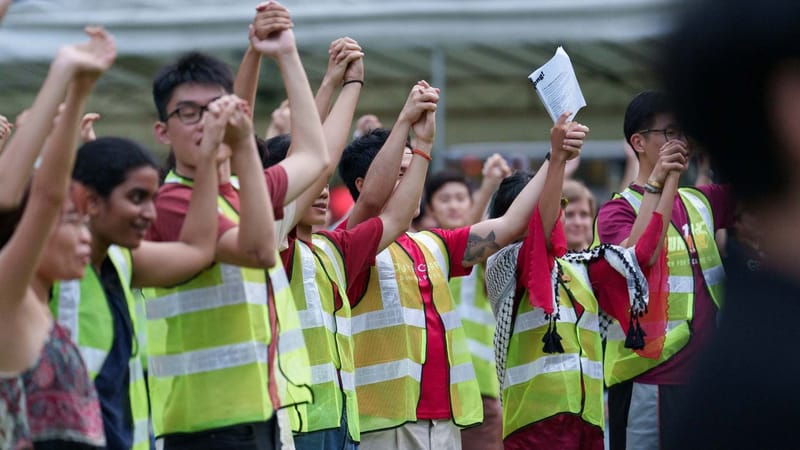
So many causes, so many activists, so many challenges. And, looming over them, always, the ominous shadow of a seemingly omnipresent and omnipotent state. Can solidarity exist in Singapore?
Please click on the link sent to your e-mail to login to your account.